In a groundbreaking study conducted by researchers at the University of California, Los Angeles (UCLA), cannabis smokers received some encouraging news regarding one of the major health risks associated with smoking tobacco.
The study, titled "Impact of Marijuana Smoking on COPD Progression in a Cohort of Middle-Aged and Older Persons," was recently published in the journal "Chronic Obstructive Pulmonary Diseases."
The findings have sparked positive reactions from cannabis advocates, who argue that this research supports prior studies demonstrating that cannabis inhalation, even over the long term, is not correlated with the development or progression of chronic obstructive pulmonary disease (COPD), lung cancer, or irreversible airway damage.
The Study and Its Methodology
To investigate the potential link between cannabis smoking and COPD progression, the UCLA researchers conducted a longitudinal study involving various groups of individuals: those who currently smoked marijuana, those who used to smoke marijuana, and those who had never smoked marijuana. The study was conducted over four years, with many of the subjects being followed throughout this period.
Findings and Implications
The study's results revealed an interesting outcome: neither current nor former marijuana smoking, regardless of the lifetime amount, showed any evidence of COPD progression or its development. These findings have been welcomed by cannabis advocates, such as the National Organization for the Reform of Marijuana Laws (NORML), who consider them consistent with previous research that concluded cannabis inhalation does not have a positive association with COPD, lung cancer, or irreversible airway damage.
The Importance of the Findings
The UCLA study carries significant implications for cannabis consumers and healthcare professionals alike. It provides reassurance to individuals who use cannabis recreationally or for medicinal purposes that their smoking habits do not appear to contribute to the development or worsening of COPD. Additionally, these findings can help shape future policies related to evidence-based public health messages and associated regulations surrounding cannabis use.
Addressing Public Health Concerns
One of the primary concerns regarding cannabis smoking has been its potential impact on respiratory health. With smoking being a common method of consuming cannabis, concerns arose regarding the similarities between tobacco smoke and cannabis smoke. However, this study adds to the growing body of evidence suggesting that cannabis smoke does not pose the same risks as tobacco smoke. While tobacco smoking has long been established as a major risk factor for COPD and other respiratory ailments, the absence of a similar link with cannabis smoking is encouraging.
Continued Research and Public Policy
While the UCLA study provides valuable insights, it is essential to acknowledge that research on the long-term effects of cannabis smoking is still in its infancy. Further studies are needed to comprehensively understand the potential health implications of prolonged cannabis use, particularly in different populations and with varied patterns and forms of consumption. This will enable policymakers to make evidence-based decisions when crafting public health messages and regulations surrounding cannabis.
Promoting Responsible Cannabis Use
Although the study did not find an association between cannabis smoking and COPD progression, it is crucial to highlight that this does not mean cannabis smoking is entirely harmless. Smoking, in any form, can still have adverse effects on lung health and general well-being. It is important for individuals who choose to smoke cannabis to do so responsibly and consider alternative methods of consumption, such as vaporization or edibles, which may mitigate potential risks to lung health.
Conclusion
The recent UCLA study brings some positive news for cannabis smokers, suggesting that there is no evidence of a link between marijuana smoking and the progression or development of COPD. These findings align with prior research and offer reassurance to both cannabis consumers and healthcare professionals. Nevertheless, it is important to continue studying the long-term effects of cannabis use and promote responsible consumption practices. This will enable policymakers to develop evidence-based public health messages and regulations
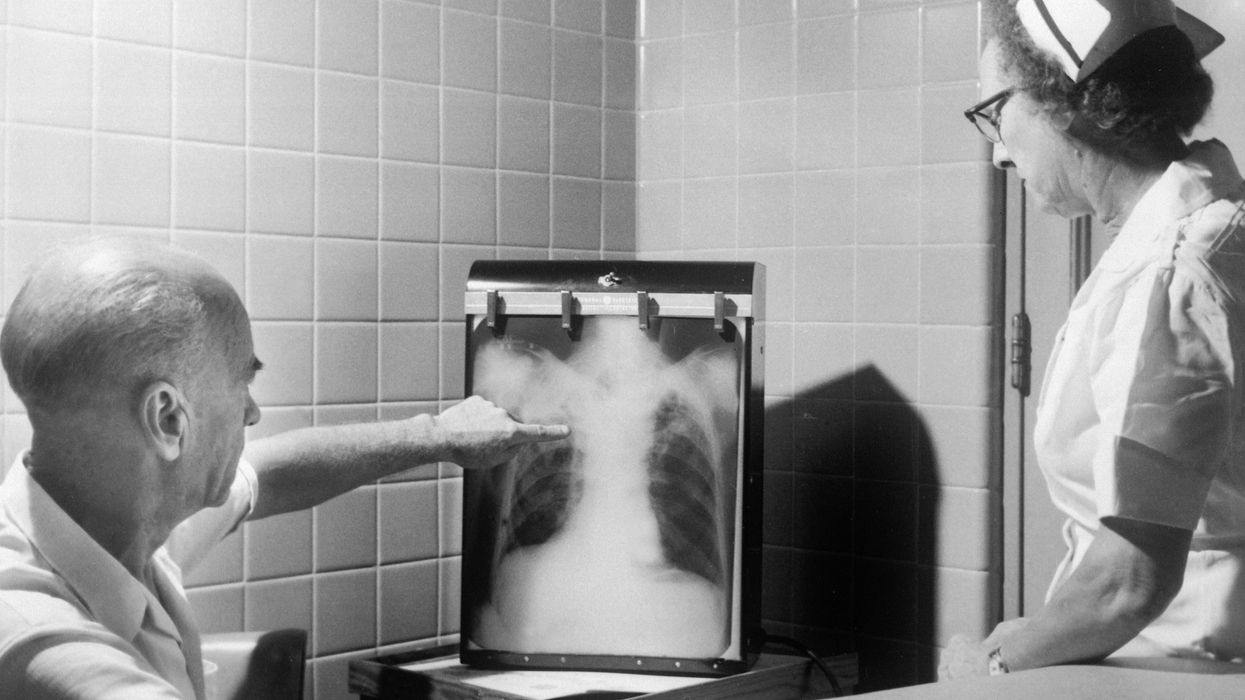


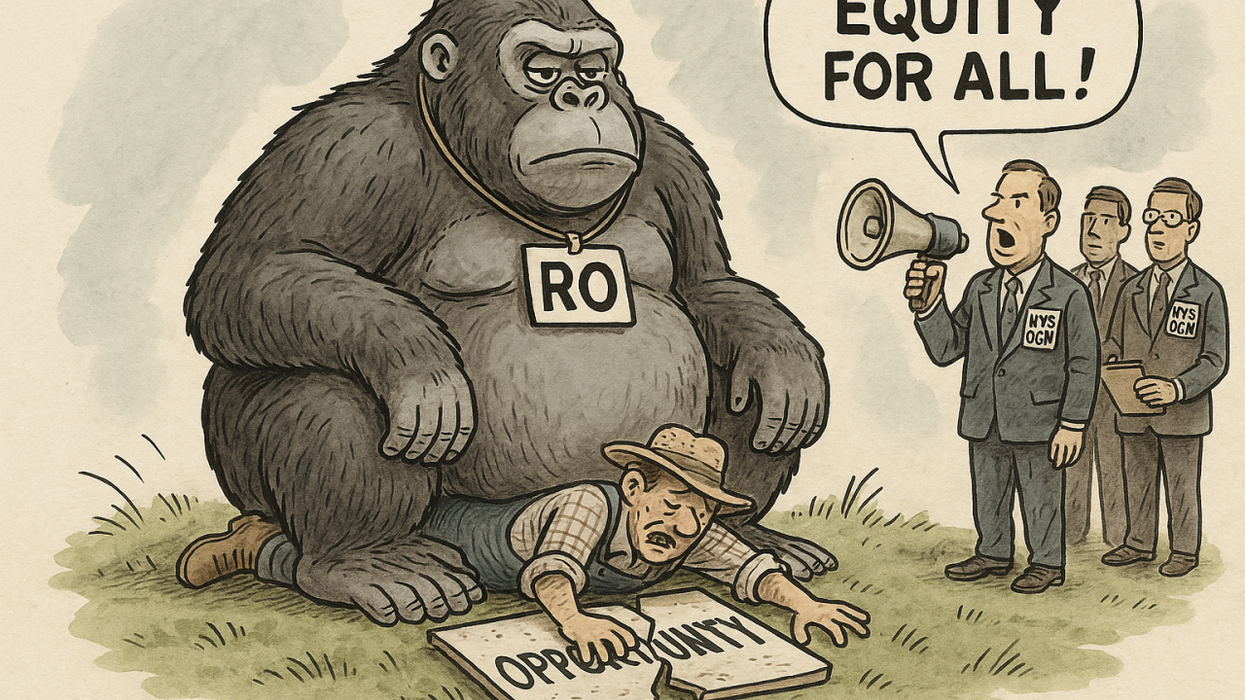



 Coffee & Weed: A Modern Spin on the Hippie Speedball - The Bluntness
Photo by
Coffee & Weed: A Modern Spin on the Hippie Speedball - The Bluntness
Photo by 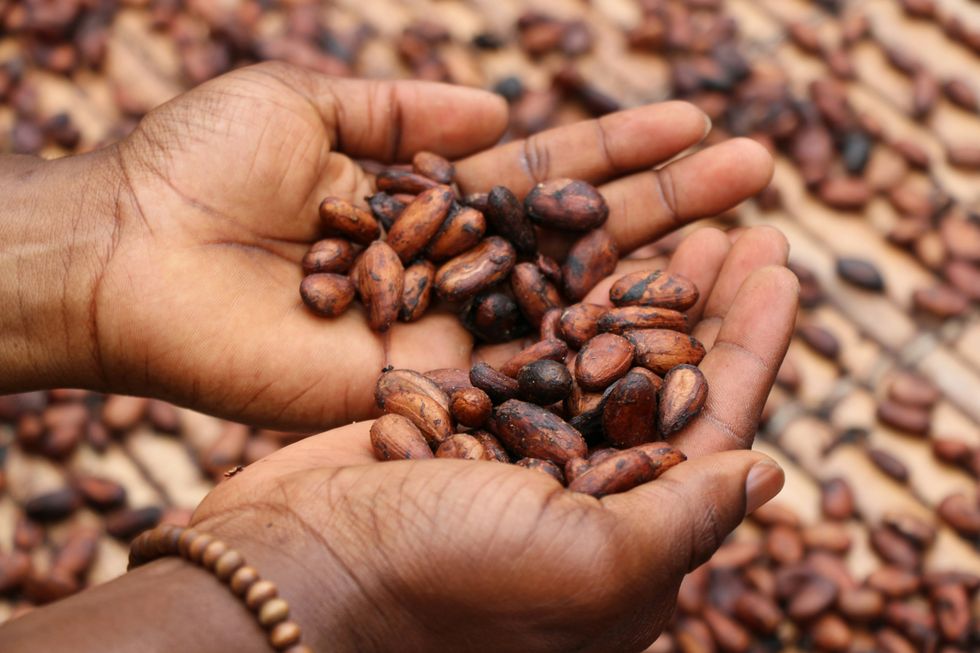 Coffee & Weed: A Modern Spin on the Hippie Speedball - The Bluntness
Photo by
Coffee & Weed: A Modern Spin on the Hippie Speedball - The Bluntness
Photo by  Coffee & Weed: A Modern Spin on the Hippie Speedball - The Bluntness
Photo by
Coffee & Weed: A Modern Spin on the Hippie Speedball - The Bluntness
Photo by 









 Best Weed Smoking Games to Try - Jammin'
Best Weed Smoking Games to Try - Jammin' The 31 Best Weed Smoking Games To Try
The 31 Best Weed Smoking Games To Try The Best Weed Smoking Games
The Best Weed Smoking Games The Best Weed Smoking Games to Try
The Best Weed Smoking Games to Try
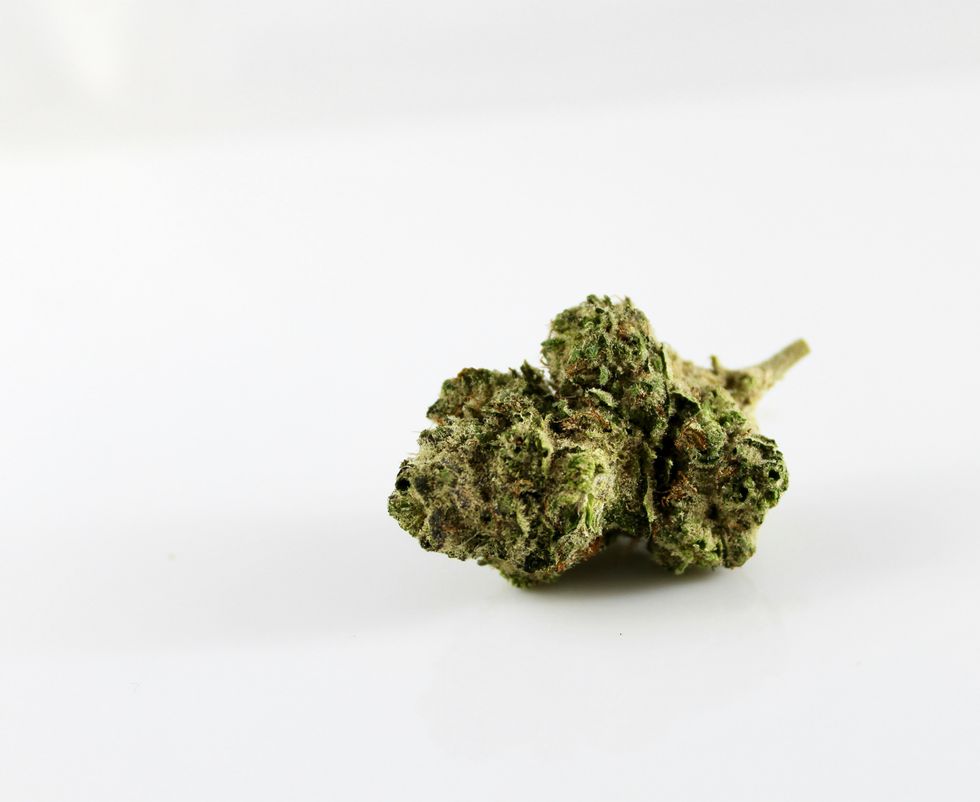
 Stoner Games - Games to Play While High
Stoner Games - Games to Play While High The Best Weed Smoking Games to Play
The Best Weed Smoking Games to Play The Best Weed Smoking Games to Try
The Best Weed Smoking Games to Try
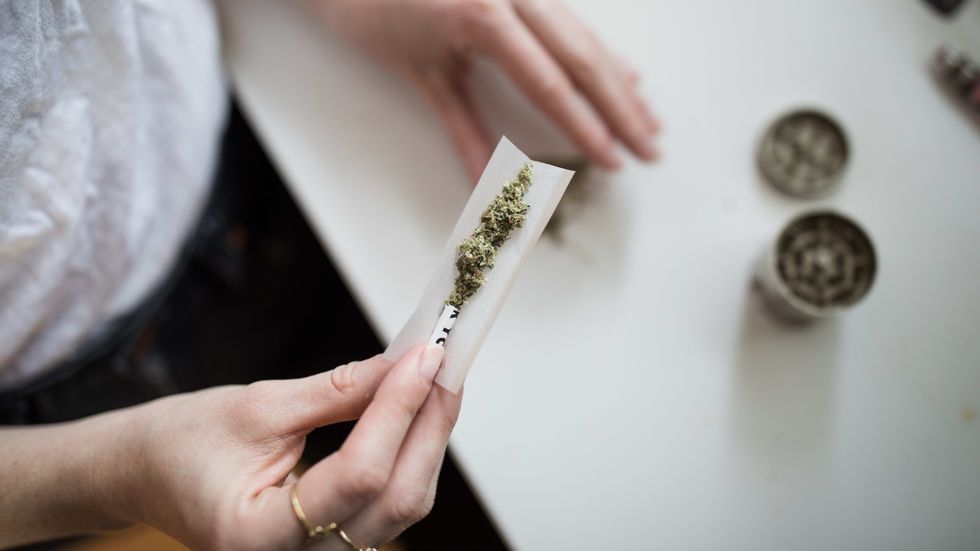 The Best Weed Smoking Games to Try
The Best Weed Smoking Games to Try
 The Best Weed Smoking Games to Play
The Best Weed Smoking Games to Play The Best Weed Games to Play
The Best Weed Games to Play The Best Weed Smoking Games to Try
The Best Weed Smoking Games to Try The Best Weed Smoking Games to Play
The Best Weed Smoking Games to Play The Best Weed Smoking Games to Try
The Best Weed Smoking Games to Try Games for Stoners
Games for Stoners  woman in white and blue floral shirt sitting beside woman in white and black floral shirtPhoto by
woman in white and blue floral shirt sitting beside woman in white and black floral shirtPhoto by 
 The Best Weed Smoking Games to Play
The Best Weed Smoking Games to Play
 The Best Weed Smoking Games to Try
The Best Weed Smoking Games to Try The Best Weed Smoking Games to Try
The Best Weed Smoking Games to Try world map with pinsPhoto by
world map with pinsPhoto by 
 The Best Weed Smoking Games to Try
The Best Weed Smoking Games to Try

 The Truth About THC Candle: Cannabis Candles & How to Make Your Own - The Bluntness
Photo by
The Truth About THC Candle: Cannabis Candles & How to Make Your Own - The Bluntness
Photo by 
 Cannabis and Aging: A Groundbreaking Study Challenges Long-Held Beliefs
Photo by
Cannabis and Aging: A Groundbreaking Study Challenges Long-Held Beliefs
Photo by  Cannabis and Aging: A Groundbreaking Study Challenges Long-Held Beliefs
Photo by
Cannabis and Aging: A Groundbreaking Study Challenges Long-Held Beliefs
Photo by